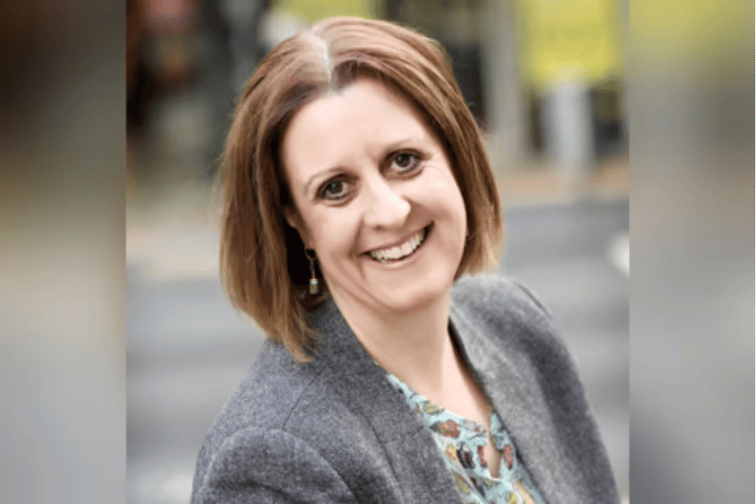

As another year quickly approaches a close, the urge to take stock grows even stronger. And as always, data helps us inform our way ahead.
With this in mind, we recently hosted a webinar with FMA’s Tammy Peyper and Michaela Baillie, focusing on the authority’s first-ever “Consumer Experience with the Financial Sector Research”.
If you remember, I commented on this research when it was released in August. But of course, there were a lot more takeaways to share, and I think our recent webinar did a great job at capturing those additional points of discussion.
So, let’s dwell further on the findings. And if you haven’t already, I welcome you to download the FMA’s report and read through it, as well as watch a recording of the webinar on financialadvice.nz.
The report is the first in a series of regular surveys that the FMA intend to conduct every two years.
To provide a baseline for future research, the authority took a close look at Kiwis’ financial situation and, interestingly, found a disconnect between people’s financial confidence and current situation. In short, two in three respondents felt confident about making financial decisions. However, almost two in five said they never had enough to save. And only 21% of respondents felt they were in a secure position.
Without knowing the specifics of individual circumstances, it’s impossible to tell where the disconnect comes from – whether that’s lack of financial awareness, over-confidence in own abilities or a mix of these and other factors. But if we want to improve consumer outcomes, as we do, it’s something worth exploring. The Financial Advice NZ research did explore this in more detail regarding the financial behaviours of those who had received financial advice and how they were better off because of this advice.
On the upside, it’s encouraging that, despite the uncertainty, New Zealanders have not ‘thrown in the towel’ on improving their financial health, wealth and well-being. On average, Kiwis actively work towards at least three key financial goals at once, the most common being growing their income, saving money for specific goals, and retirement.
So, while Kiwis’ financial circumstances have room for improvement, they also demonstrate a willingness to improve them. The question is, how can we help them achieve that?
FMA’s data shows that financial advisers are highly trusted, especially among younger people (18-34) and higher-income households (with incomes over $100,000). But they’re not highly used, with only 11% of consumers surveyed saying they had used a financial adviser when looking for information about personal financial matters. That’s compared to 31% searching online and 27% relying on advice from friends and family.
So, what’s keeping people from seeking professional advice? As we highlighted in our 2020 Trust in Advice report, it’s largely due to a mix of perceived unaffordability, the feeling that personal circumstances don’t justify advice, and an overestimation of own abilities (which brings us back to the disconnect identified by the FMA).
How do we fix this? I believe, by untiringly raising public awareness of the benefits of getting advice, both tangible and intangible, and by strengthening the reasons why Kiwis seek advice.
The FMA’s report confirms that financial advisers are seen as a trusted source when it comes to key financial decisions. People want to get it right; they’re looking for good value-for-money, and they feel they don’t have enough knowledge or time to research financial solutions themselves. Also, many appreciate the value of regular reviews with their financial adviser, particularly among people aged 55 and over.
This is what quality advice delivers to clients: a trust-based relationship fuelled by knowledge-sharing and personal interaction; one that’s always centred around fair client outcomes. It’s only by removing the barriers and strengthening the ‘bridges’ that we can get more and more people to experience the difference that advice makes.
Last but by no means the least, another key point to raise concerns demographics, and the generational shift we’re seeing in consumer trends.
According to the FMA’s report, social media are still the least trusted source of all – but that’s likely about to change in the coming years. The younger consumers are, the more they trust social media as a source of financial-related information, with Reddit being the most trusted platform for 18-24-year-olds at the moment. This age group rarely seeks financial advice, most likely due to not having assets yet. But they will soon, and they’re also the ones who trust financial advisers the most: 60% of respondents, compared to 53% of those aged 35-54, and 43% of those aged 55-plus.
So, there’s an opportunity there to connect with the younger generation through the tools and channels that they trust, and help them start out on the right foot. This is how we plant the seeds of a more prosperous future for New Zealand.
At Financial Advice NZ, we’re here to provide financial advisers with the tools they need to provide the best possible service to their clients. Visit financialadvice.nz to learn more about our adviser support and resources.
